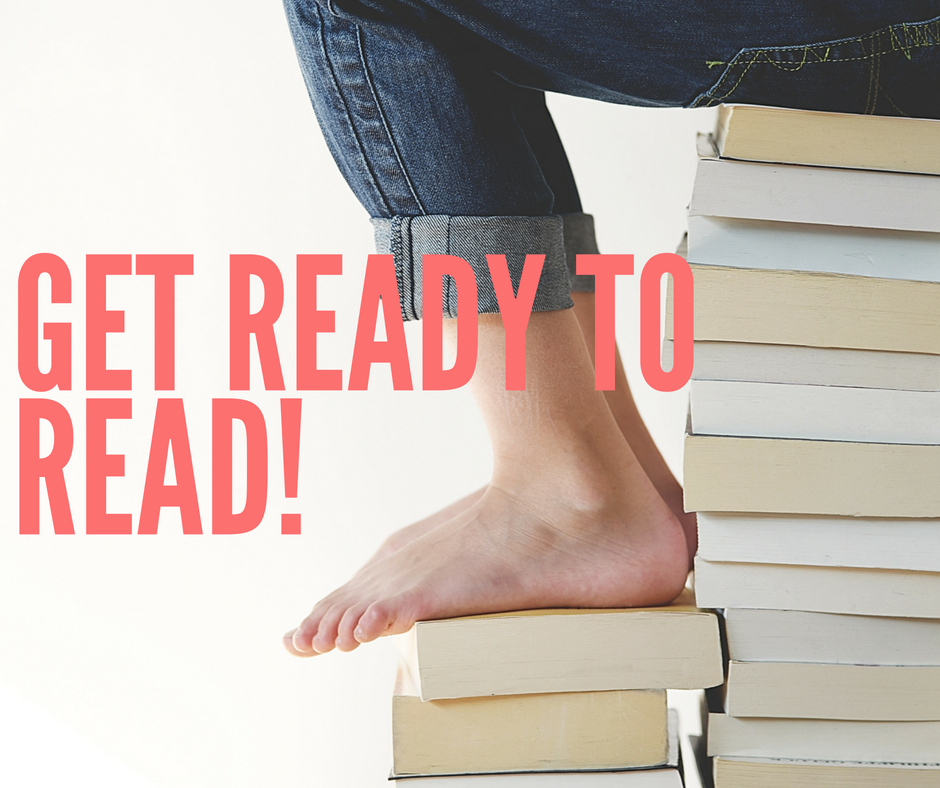“IIIIIIIIIIIIIIIIIII. . . seeeeeeeeee . . . aaaaaaaaa . . . buuuuuuug.”
Is there anything cuter than a new reader sounding out words? My son had come home from school with his first “easy reader” book – spoiler alert: the main character sees a bug – and he was so very proud of himself.
But it almost didn’t go down like that.
I’m hyper competitive, both in life and in parenting. Self-awareness is half the battle though, and when my little one came along, I committed myself to sitting out the “who crawled first” and “MY angel slept through the night at 2 weeks old” and “she started talking at 4 months old” of it all. Mostly. There’s just something about reading.
I’d been reading to this child since the day he came home from the hospital. Like any lunatic first-time mom, I was intent on having a solid bedtime routine. Ours included me reading dutifully from Brown Bear Brown Bear to our floppy-headed newborn, who hadn’t yet lost his belly button stump. Seven years later, we still read to our little dude (just about) every night.
Fast-forward to first grade, and so far, we have a voracious reader on our hands. A reader who prefers books that center around fart jokes, but a reader none-the-less. I couldn’t ask for more.
Top tips for helping your little one get ready to read:
- Read to your child – see breath-taking statistics about a child reads for 20 minutes a day being guaranteed a full ride to an Ivy (I tuned out half way through Back to School Night, but I think that’s right).
- Read in front of your child – the best way to teach your child that you value reading is to let him see you reading. So dust off the classics, pick up a magazine and let your little one see you reading for pleasure, for a few minutes every day.
- Make your home a print-rich environment – label items around the house (post-it notes are fine). You want your child to understand that all those squiggly lines on the paper come together to make words, that go with all the objects they see around them.
- Take advantage of natural opportunities to read – as you drive, point out store logos, and ask your child to identify the letters. If you take your child grocery shopping (prayers!), point out letters and words on signs and products.
- Get thee to the library! Get your child a library card of their own, and make a library trip a regular adventure. It’s a great chance to expand your book collection, and it’s FREE. If it’s been a minute since you hit your local library, you might be pleasantly surprised. My good friend Sarah Jordan, who writes the children’s literature blog Book Birdie, showed me how to request books (on an app!), pick them up (they email me when items are ready for pickup) , and breeze through self-check out. All without talking to another human – introverts, rejoice!
- Let your child lead – as terrifying as it may be for my fellow control freaks and me, tap into their interests and let your child pick which books to check out from the library, or *gasp* spend their birthday money on.
- Engage with the material – listen, I know it’s late, and the new episode of Jane the Virgin is calling you from the DVR, but resist the urge to speed read through that bedtime book. Need inspiration? Watch a grandparent read to a young child. When my mom reads to my son, they stop and smell the literary roses. “Look at that cat! What do you think of the face he’s making? Can you guess what he’s thinking? What do you think will happen next?”
- Cast a wide net – yes, I was counting the moments until I could read Charlie and the Chocolate Factory with my child, but the reading world is bigger than (excellent, excellent) fiction. Expose your child to a wide variety of genres – non-fiction, poetry – and platforms – audiobooks, e-books.
- Make it a game – take turns saying rhyming words or words that start with the same sound. Understanding how letters come together to makes sounds and words is a big part of the road to reading.
Most of all, make it fun, and don’t push – you can easily turn one of life’s greatest pleasures into straight up drudgery. Remember, your end game here isn’t having the first kid at Mother’s Day Out to know her ABCs. Your goal is raising a reader for life.










